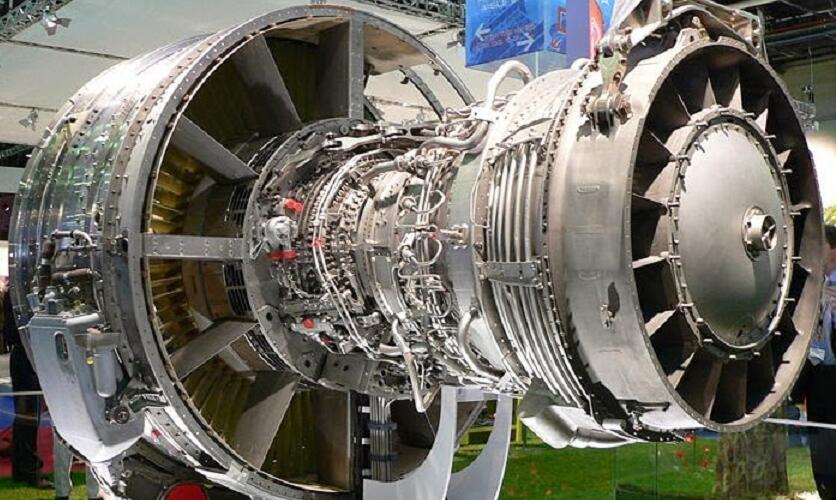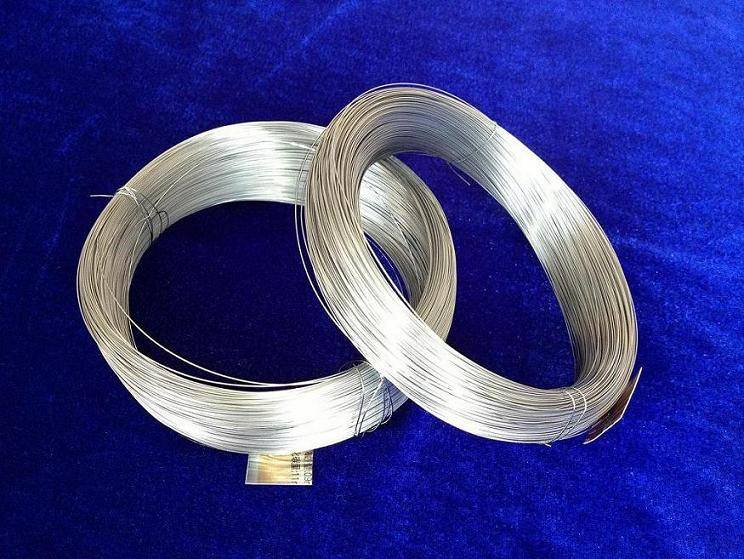Preparation Methods & Applications of Tungsten Rhenium Alloy

Applications of Tungsten Rhenium Alloy
Tungsten and rhenium are both metals with a high melting point, and they are widely used in high-temperature fields. However, they also have shortcomings. For example, pure tungsten is brittle and has a low recrystallization temperature and pure rhenium has poor processing performance and is expensive, which greatly limits its application range. But tungsten rhenium alloy overcomes the shortcomings of pure tungsten and pure rhenium and has many excellent properties, such as high melting point, high strength, high hardness, high plasticity, high resistivity, etc. Therefore, the applications of tungsten rhenium alloy are very broad.

Applications of Tungsten Rhenium Alloy
Preparation Methods of Tungsten Rhenium Alloy
There are two methods for preparing tungsten rhenium alloys, namely powder metallurgy, and smelting. And the powder metallurgy method is commonly used in actual production.
The powder metallurgy process for producing tungsten-rhenium alloy is: preparing tungsten-rhenium pre-alloyed powder → hydrogen reduction → compaction (molding or isostatic pressing) → sintering (vertical melting sintering or intermediate frequency induction sintering) → pressure processing (including extrusion, rolling, rotary forging and wire drawing, etc.).
The solid-solid method (tungsten powder mixed with rhenium powder, tungsten trioxide mixed with ammonium rhenate powder), solid-liquid method (tungsten powder mixed with ammonium rhenate solution, tungsten trioxide mixed with ammonium rhenate solution), liquid-liquid method (mixed ammonium tungstate solution and ammonium rhenate solution, spray-dried or other methods), etc. are commonly used to prepare tungsten rhenium pre-alloy powder.
Tungsten-rhenium alloy powder reduced by hydrogen can be formed by mechanical pressing and steel die pressing, or isostatic pressing (uniform density of billet). The green compact can be sintered by direct current vertical melting or cP, N induction heating to obtain a tungsten rhenium alloy strip with a relative density of 92%-95%. Isostatic pressing and intermediate frequency induction heating sintering can obtain the best quality billets, and their uniformity and consistency are the best among all production methods.
Applications of Tungsten Rhenium Alloy
Tungsten-rhenium alloys are mainly used as structural materials in the high-temperature field and have a wide range of uses in electronic technology, nuclear technology, aerospace technology, and temperature measurement technology.
There are currently three most widely used areas:
1. The low-rhenium alloy wire and the high-rhenium alloy wire are matched to form a thermocouple, which has a wide temperature measurement range (0~2500oC), high thermoelectric potential value, fast response speed, and good corrosion resistance. Therefore, the tungsten rhenium thermocouple wire is widely used in temperature-measuring instruments. It is not only used in a vacuum, reducing atmosphere, and inert atmosphere but also used to replace platinum and rhodium thermocouples in the oxidizing atmosphere when anti-oxidation measures are taken.
2. Tungsten-rhenium alloy rods are cut into discs and used as electrical contact materials. They have low contact resistance, low arcing current and arcing voltage, optimal arc stabilization performance, and low arc erosion resistance. Therefore, they are widely used to replace platinum contact materials.
3. Tungsten rhenium alloy wire is widely used in the heating wire of electron tubes, kinescopes, and bulbs, which not only improves reliability but also greatly increases their service life.
Conclusion
Thank you for reading our article and we hope it can help you have a better understanding of the preparation methods and applications of tungsten rhenium alloy. If you want to know more about tungsten rhenium alloys, we would like to advise you to visit Advanced Refractory Metals (ARM) for more information.
Headquartered in Lake Forest, California, USA, Advanced Refractory Metals (ARM) is a leading manufacturer & supplier of refractory metals & alloys across the world. It provides customers with high-quality refractory metals & alloys such as rhenium, tungsten, tungsten rhenium alloys, molybdenum, tantalum, titanium, and zirconium at a very competitive price.
{{item.content}}
LEVE A REPLY
{{item.children[0].content}}
{{item.content}}






